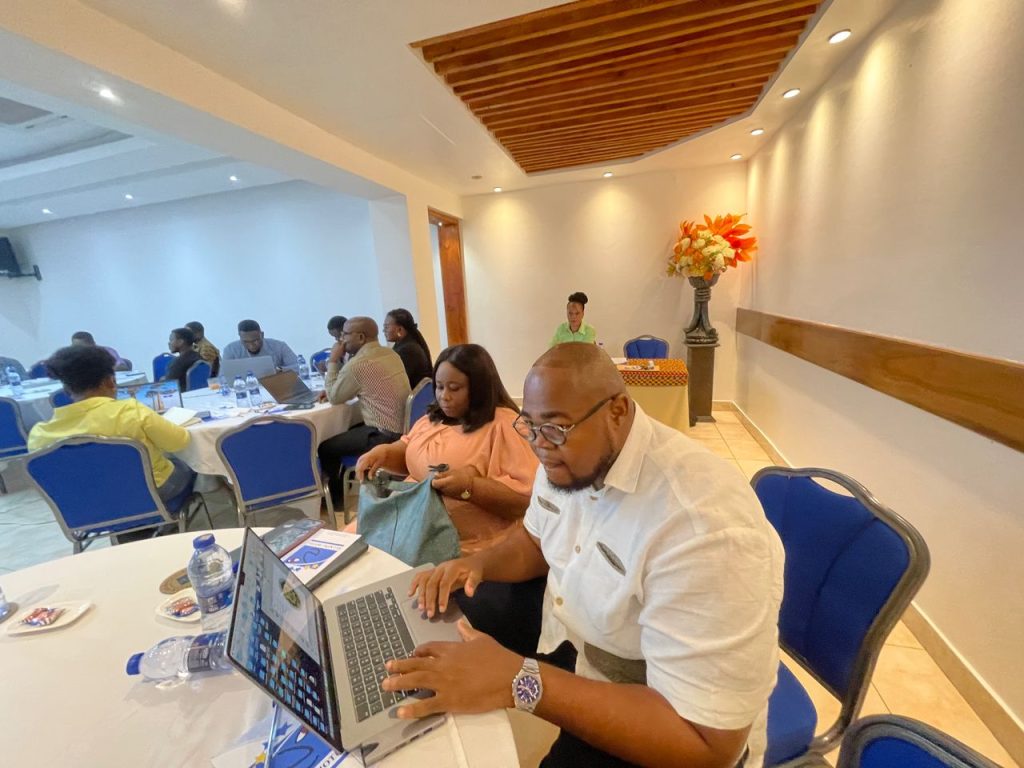Accra, Feb. 21, GNA – The Minister for Environment, Science and Technology, Dr Ibrahim Murtala Muhammed, has affirmed his Ministry’s commitment to working closely with others to promote the growth of businesses through science, technology, and innovation.
As part of efforts to catalyse technology adoption and innovation under the Ghana Jobs and Skills Project, the Ministry will collaborate with the Ministry of Trade, Agribusiness, and Industry to align the National Science and Technology policy with Ghana’s Micro, Small and Medium Enterprises (MSME) and Industrial Policy.
This will ensure that the Science and Technology policy becomes a supportive framework for MSME development and industrialisation.
Dr Muhammed said this in statement, delivered on his behalf by Nashiru Salifu, Deputy Director for Science and Technology, at a three-day Technology and Innovation Roundtable in Accra.
The event, held from Tuesday, February 11 to Thursday, February 13, was organised by the Ministry of Environment, Science and Technology (MEST) in collaboration with the Ghana Enterprises Agency (GEA) as part of the Ghana Jobs and Skills Project.
The roundtable facilitated discussions on successful technology partnerships between scientific research institutions in Ghana and the United Kingdom, showcasing how these collaborations have led to the development of new products and job creation. The initiative, funded by the Foreign Commonwealth Development Office (FCDO) through UK Research and Innovation (UKRI), serves as a proof of concept for adoption by SMEs and research institutions.
Participants included representatives from various research institutions, selected beneficiary MSMEs under the Ghana Jobs and Skills Project, the Association of Ghana Startups, the Ghana Chamber of Young Entrepreneurs (GCYE), and policymakers.
The event aligns with the Government’s National Science and Technology policy, which prioritises leveraging technology and innovation to drive socio-economic development.
The policy underscores the importance of fostering innovation and entrepreneurship, particularly, in renewable energy, agriculture, and healthcare.

Additionally, the NDC has pledged to invest in science education by providing training and resources for teachers, while promoting STEM education in schools. The party also aims to develop national innovation systems that integrate government, industry, and academia to drive technological advancement.
As part of its climate change agenda, the NDC plans to promote the development and use of renewable energy sources, such as solar and wind power, while fostering international collaborations to access new technologies, expertise, and funding opportunities.
GNA